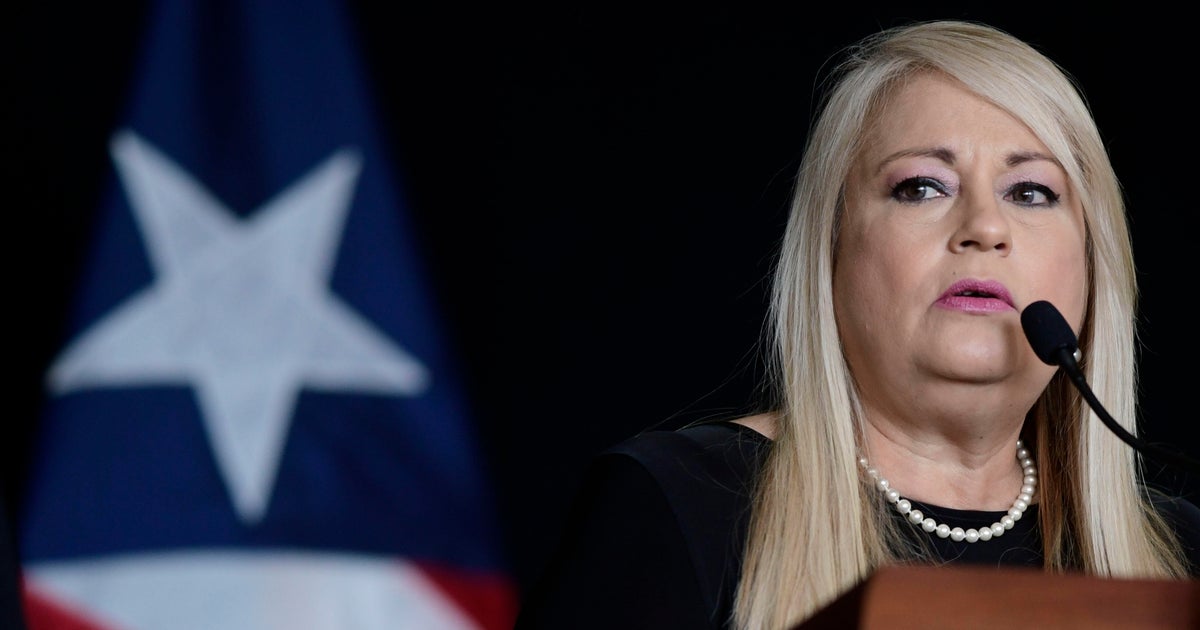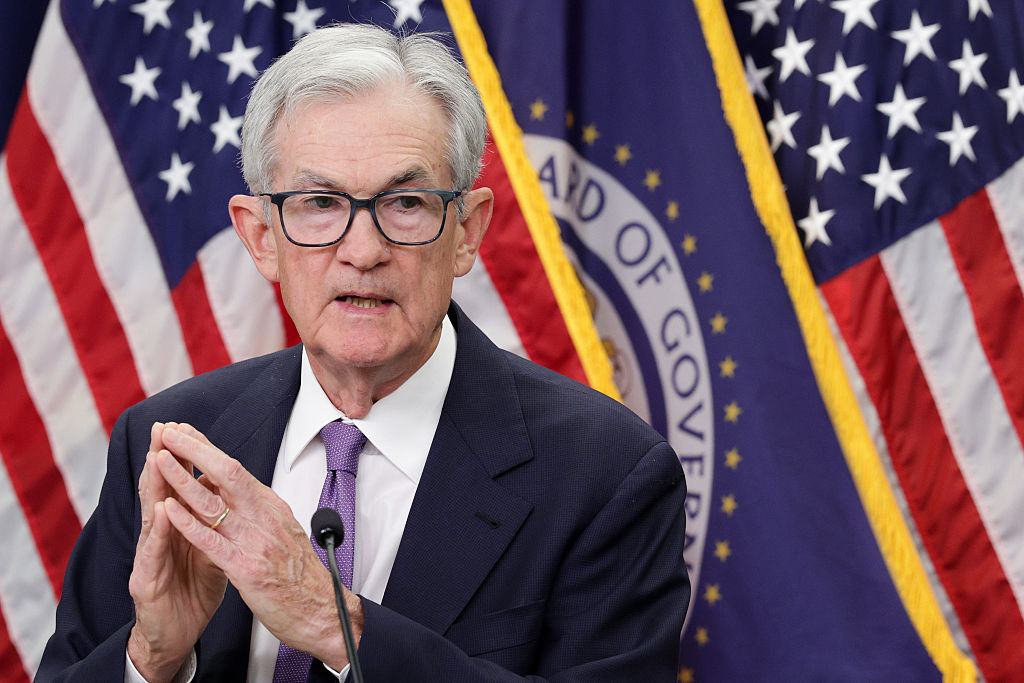Trump's lawyers fight House subpoena for Trump's financial records
President Trump's lawyers argued in a federal appeals court Friday that the House Oversight Committee has no power to regulate the office of the president. They were in court to fight a subpoena from the Democratic-controlled House Oversight Committee for eight years of Mr. Trump's personal financial records.
William Consovoy, arguing on behalf of the president, focused on two things: the rules of the House and the constitutionality of the subpoena. He argued before the District of Columbia U.S. Appeals Court that the House committee lacks the power of oversight of the president because of the "special" place the president holds at the top of the executive branch.
When asked by Judge Patricia Millett, an Obama appointee, whether it's the case that the committee has no power to regulate the office of the president, Consovoy responded, "The answer is yes."
"When it comes to the President, the person and the office are one in the same," he said. "It is impossible to distinguish the two."
This was Mr. Trump's second attempt to fight a House subpoena to obtain his personal financial records from 2011 to 2018.
In May, U.S. District Court Judge Amit Mehta affirmed House Democrats' April subpoena to obtain eight years of the president's books from accounting firm Mazars USA LLP, citing the "critical responsibility" afforded to Congress by the Constitution to inform the electorate and carry out investigations.
Mr. Trump's lawyers appealed that decision and in Friday's oral arguments, Consovoy urged the panel of three appellate judges -- consisting of Clinton, Obama, and Trump appointees -- not to be "naive" in thinking that the House Oversight Committee was acting within its constitutional bounds in demanding that the president hand over his personal finance records. House Democrats, he said, have asserted that they are not looking to legislate, but are rather looking for illegality on the part of the president. And this is a function of law enforcement, which belongs not to Congress, but to the executive branch, Consovoy argued.
Judge David Tatel, however, countered by telling the president's lawyer that the possibility of lawmaking may be enough justification for the congressional subpoena. "We don't know what Congress will propose,"he said.
Douglas Letter, general counsel for the House, also disagreed. "What we have shown here is obviously a legitimate legislative purpose," he said. He argued that because there is possible evidence that the president has engaged in financial wrongdoing, including inflating his net worth and violating the emoluments clause -- and given the president's refusal to release his financial information voluntarily -- the subpoena is justified and might even lead to future legislation.
"[President Trump] put himself in this position," Letter said.
The Oversight Committee says it issued the subpoena after Mr. Trump's former personal attorney, Michael Cohen, told lawmakers during his February testimony that his old boss had "inflated his total assets." The Democrats on the committee say they want to understand the full "scope" of the alleged misrepresentation.
Friday's arguments took place a day after House Democrats issued more subpoenas to target the Trump administration and officials close to the president. Members of the House Judiciary Committee voted on Thursday to compel, among others, President Trump's son-in-law and adviser Jared Kushner, former Deputy Attorney General Rod Rosenstein, and longtime Trump friend and American Media Inc. (AMI) National Enquirer publisher David Pecker to testify.





